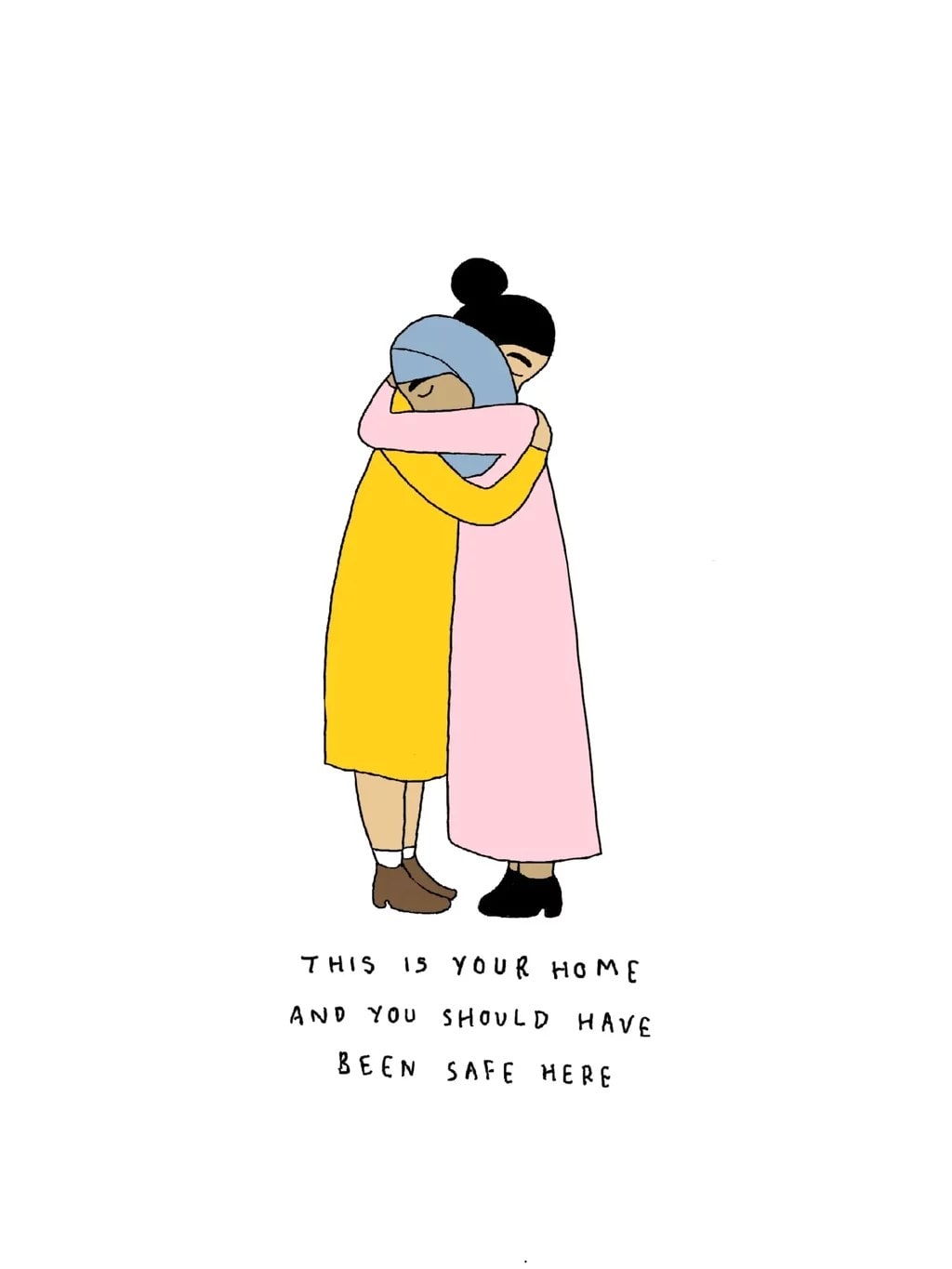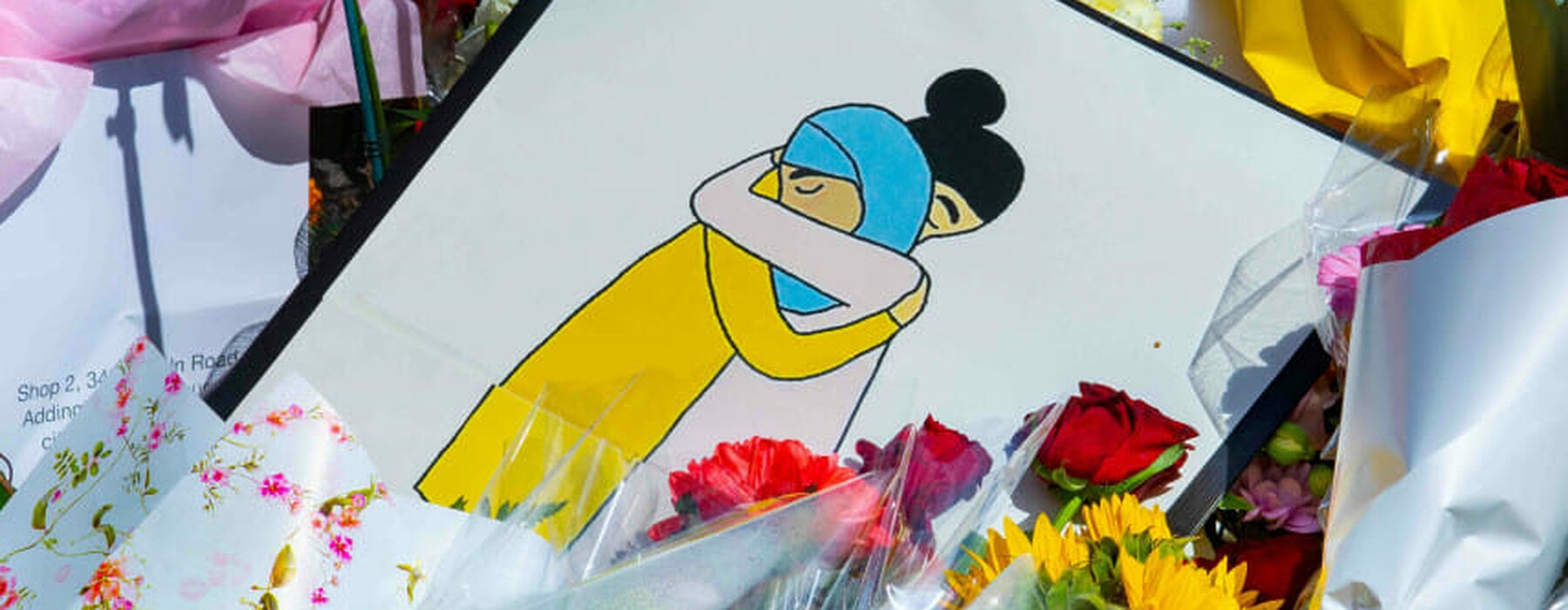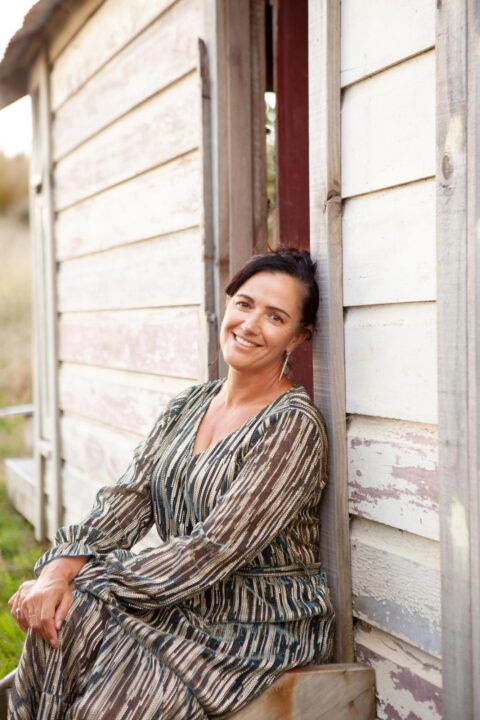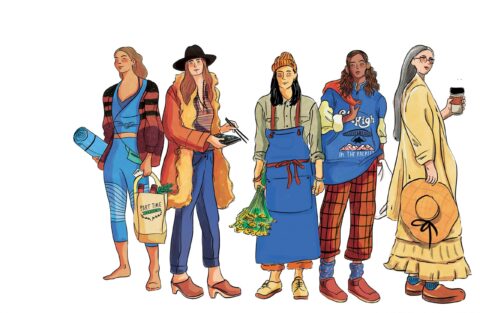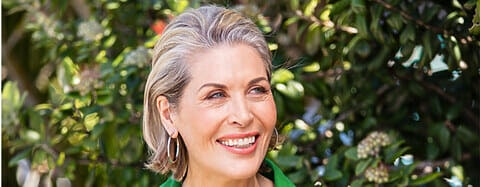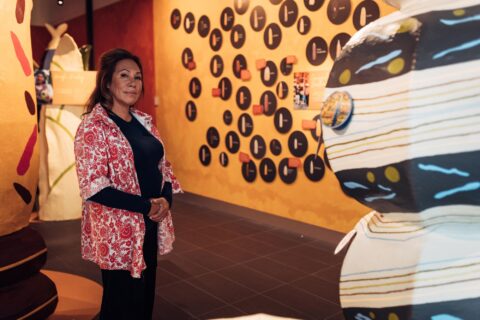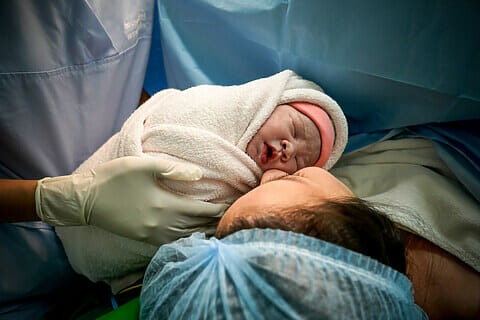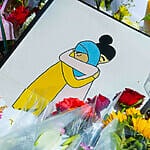
Remembrance of Christchurch Mosque Attacks
It’s March 15. Some call it one of the darkest dates in New Zealand history, the day a terrorist walked into two mosques in Christchurch and killed 51 people. Today marks four years since that day. And while the last four years have been full of other challenges, with Covid, its aftermath, then floods and a Cyclone, still the memory of March 15 hasn’t faded for New Zealanders.
In the aftermath of the Christchurch Mosque attacks, we came together, grieved collectively, and offered support and sympathy to the Muslim communities. That effort helped us to push back, for a short moment, against the hate we had perceived. At the same time, we were all asking how such a thing could happen here in New Zealand. We had assumed we were innocent, and hate-based atrocities only happened in other countries, far away.
The Rise of Islamophobia in New Zealand
But for some members of the Muslim communities, the March 15 massacres were not such a surprise. Islamophobia was on the rise internationally following the emergence of ISIS, and Muslim communities were noticing higher levels of marginalisation, discrimination and hate in their day-to-day lives. Muslim women who wear hijab (headscarf) were targeted the most, due to their visible affiliation with Islam, and the politicised view of hijab in Western societies. The Islamic Women’s Council of New Zealand (IWCNZ) had been around since 1989, and had built connections with local communities across the country. Many IWCNZ members were concerned over the increasing incidents of hostility targeted against Muslim communities. Between 2014 and 2018, these women had raised their concerns repeatedly with government officials, and different agencies including NZSIS and suggested areas that needed more attention, but no action was taken prior to the mosque shootings.
The Royal Commission of Inquiry
The scale and shock of the tragedy made it obviously necessary to do a serious investigation. Ten days after the shooting, the government established a Royal Commission of Inquiry into the mosque shootings, mainly to answer three basic questions: What did state-sector agencies know about the shooter before the Christchurch Mosque Attacks? What measures could have been taken to prevent it? And most importantly, what must be done to prevent such horrors in the future?
The Commission’s report, which followed 20 months of consultation involving government agencies, NGOs, and diverse local communities, reached a number of conclusions. For example, it found that the government security agencies had placed “an inappropriate concentration of counter-terrorism resources on the threat of Islamist extremist terrorism.” Also, the police had failed to enforce proper checks on firearm licenses, as the terrorist did not meet “the required standards” for receiving his license.
The Commission’s Findings and Recommendations Since The Christchurch Mosque Attacks
However, the Commission also concluded that “nothing” could have been done to stop the Christchurch Mosque Attacks, since it had no available information that “could or should alert” the related agencies about the attack—except the email that the shooter sent to the parliamentary service, eight minutes before he started the attacks.
Looking into the recommendations and how to prevent such attacks in the future, it’s clear there’s still a lot that needs to be done by the government. At the same time, there are some pieces like enhancing “social cohesion” that need collective efforts from all of us, and require some level of self-reflection, self-implication, and in some cases speaking up about what we know is not okay.
Social cohesion mostly refers to “respecting each others’ differences, and at the same time developing some shared values, norms, and experiences as a society.”
Progress Made Since The Christchurch Mosque Attacks
In reviewing the last four years, there have been lots of changes, such as the immediate change of the gun law to restrict access to semi-automatic weapons and tighten gun licensing standards. A Ministry of Ethnic Communities was established, which strengthened New Zealand’s counter-terrorism legislation, established a National Centre of Research Excellence, and held some in-depth, nationwide conversations regarding the importance of social inclusion and diversity. At the same time, it’s important to know that there is still a long way to go. Of the 44 recommendations put forward by the Commission, many are still waiting to be implemented. Diverse communities, particularly Muslim communities, are still experiencing discrimination in their day-to-day lives. Many of the affected whanau who lost loved ones in the shooting are still searching for closure.
